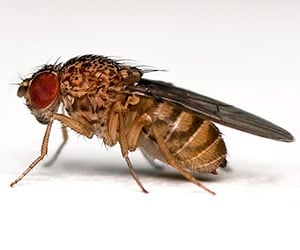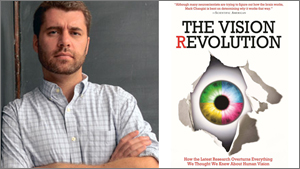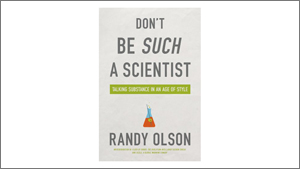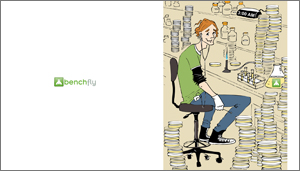 If fruit flies could have an ego and could understand their contributions to research they would be pretty proud little model organisms. They would walk around on your fruit like, “ha! How about that? Whose banana now? This is my banana now…”
If fruit flies could have an ego and could understand their contributions to research they would be pretty proud little model organisms. They would walk around on your fruit like, “ha! How about that? Whose banana now? This is my banana now…”
Flyceum: Your Science. Your Career.
We’re following in the tradition of open discussions among scientists that has resulted in important advances in both science and society.
UCSC Visigene: A Gene Expression Database You Need
by
Whether we’ve just started a project or we’re expanding our current one, there are few things more overwhelming than learning about a new gene from square one. Just understanding the logistics can be a killer (Where is it expressed? What other proteins interact with it?…) and usually necessitates reading/skimming/sleeping through a chest-high pile of reprints. Until now…
Ethical Dilemmas, Micromanagers and that Evil Email
by
 Another juicy issue! Thanks for all of the great questions! We’re addressing three questions each month, so If you don’t see your question this time, keep an eye out for our future issues where it will likely show up! Send your questions to [email protected].
Another juicy issue! Thanks for all of the great questions! We’re addressing three questions each month, so If you don’t see your question this time, keep an eye out for our future issues where it will likely show up! Send your questions to [email protected].
“Seeing” the Big Picture: Vision Revolution Author Mark Changizi
by
 As research scientists, many of us spend a very large amount of time working on a very small subject. In fact, it’s not unusual for a biochemist to go through their entire career without ever physically observing the protein or pathway they work on. As we hyper-focus on our own niche of science, we run the risk of forgetting to take the blinders off to see where our slice of work fits in to the rest of the pie.
As research scientists, many of us spend a very large amount of time working on a very small subject. In fact, it’s not unusual for a biochemist to go through their entire career without ever physically observing the protein or pathway they work on. As we hyper-focus on our own niche of science, we run the risk of forgetting to take the blinders off to see where our slice of work fits in to the rest of the pie.
How to Work-Up a Reaction
by
Whether brute-forcing through hundreds of mini-preps or setting up so many reactions that you run out of round-bottoms, it’s not unusual to feel like a robot from time to time. It’s normal. However, if that robotic feeling doesn’t seem to be going away and you have a craving for WD40, call your doctor – or mechanic – immediately. Watch this video to see what can happen to an otherwise normal grad student after too much repetition…
Don’t Be Such A Scientist! An Interview with Randy Olson
by
 As scientists, we should constantly strive to improve our communication skills. We could spend our entire career hoping to master the art on our own through trial-and-error. Or, we could just learn from great storytellers – and what place communicates a story better than Hollywood? What if a tenured professor actually left their job to go to Hollywood to learn how to communicate and then came back to share everything they learned? But that’s probably never happened – or has it?…
As scientists, we should constantly strive to improve our communication skills. We could spend our entire career hoping to master the art on our own through trial-and-error. Or, we could just learn from great storytellers – and what place communicates a story better than Hollywood? What if a tenured professor actually left their job to go to Hollywood to learn how to communicate and then came back to share everything they learned? But that’s probably never happened – or has it?…
How to Make an Old-fashioned
by
How many protocols can you follow and then actually drink?! Unless you like the taste of silica gel or Tris buffer, probably not many…
The Hallmark for Scientists (Free Card Inside!)
by
Giving Thanks on Thanksgiving!
by
 Today is about much more than spending time on BenchFly! But we’re honored that in between tryptophan-induced comas, we’re able to share a few minutes of the day with you. We want to take this opportunity to say a few words, but we’ll make it quick before Uncle Dave starts secretly digging into the fridge and eating all of your leftovers…
Today is about much more than spending time on BenchFly! But we’re honored that in between tryptophan-induced comas, we’re able to share a few minutes of the day with you. We want to take this opportunity to say a few words, but we’ll make it quick before Uncle Dave starts secretly digging into the fridge and eating all of your leftovers…
Trick for Calculating Molarity
by
Research is filled with numbers- from activation energies to reaction rates. While many of us can artfully dodge many of the gruesome equations associated with quantum mechanics or enzyme kinetics, one basic calculation remains inescapable.


